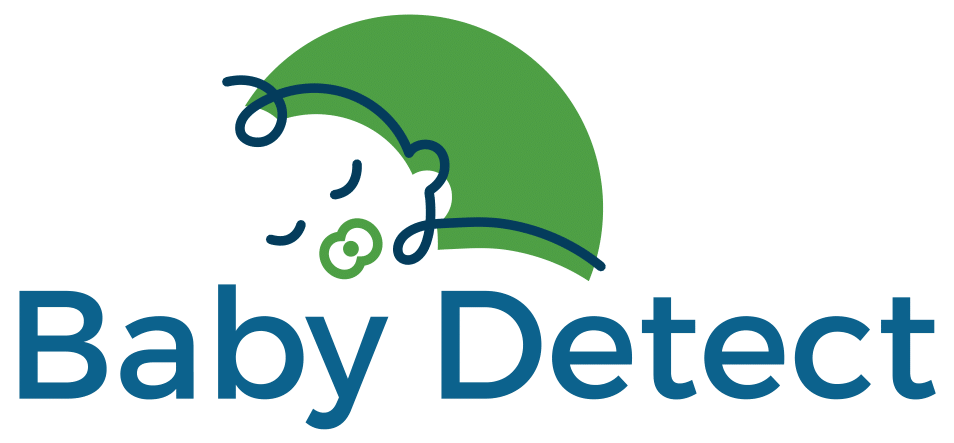Genes PRF1, UNC13D, STX11, STXBP2
Also known as: Familial Erythrophagocytic Lymphohistiocytosis; Primary Hemophagocytic Lymphohistiocytosis
- OMIM#603553 https://omim.org/entry/603553
- OMIM#608898 https://omim.org/entry/608898
- OMIM#603552 https://omim.org/entry/603552
- OMIM#613101 https://omim.org/entry/613101
1. The disease
fHLH is an immune deficiency characterized by the overactivation and excessive proliferation of T lymphocytes and macrophages, leading to infiltration and damage of organs including the bone marrow, liver, spleen, and brain.
2. The symptoms
Infants are often initially asymptomatic at birth. Although manifestations of fHLH are usually evident within the first months or years of life and may rarely develop in utero, symptomatic presentation can occur throughout childhood and into adulthood. Lack of early signs or symptoms does not exclude the diagnosis.
- Familial HLH usually presents as an acute illness with prolonged and high fever, cytopenias, and hepatosplenomegaly. Rash and lymphadenopathy are less common.
- Individuals with fHLH may also exhibit liver dysfunction and neurologic abnormalities.
- Median survival in untreated infants with fHLH who develop active disease is less than two months after onset of manifestations; progressive manifestations of fHLH, organ dysfunction, invasive infection, and bleeding account for the majority of deaths.
3. Actions to take in case of early diagnosis:
- Infants with a positive genetic test (having 2 mutations or 2 copies of a single mutations in one of the 4 responsible genes or rarely and still unclear, a gain-of-function heterozygous variant in STXBP2 may be responsible for fHLH. These infants should continue breastfeeding
- fHLH is a lifelong condition that requires lifetime management and regular follow-up with a multidisciplinary team of specialists in hematology/oncology, bone marrow and stem cell transplantation, immunology, rheumatology, infectious diseases, critical care, neurology, nephrology, pathology, and medical genetics.
- Treatment regimens focus on use of chemoimmunotherapy to treat active disease followed by allogeneic HSCT, the only curative therapy.
- Supportive care that should accompany treatment with chemoimmunotherapy and allogenic HSCT includes antibiotics or antiviral agents to treat or prevent infections, and antipyretics, intravenous fluids, electrolyte replacement, transfusion of packed red blood cells and platelets, infusions of immunoglobulin, fresh frozen plasma, and/or cryoprecipitate.
- Genetic counselling is highly recommended for family planning and evaluation of at-risk family members.
